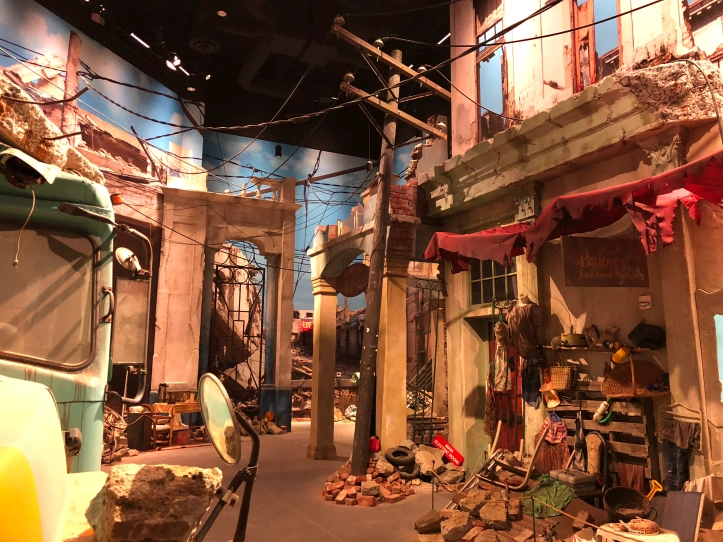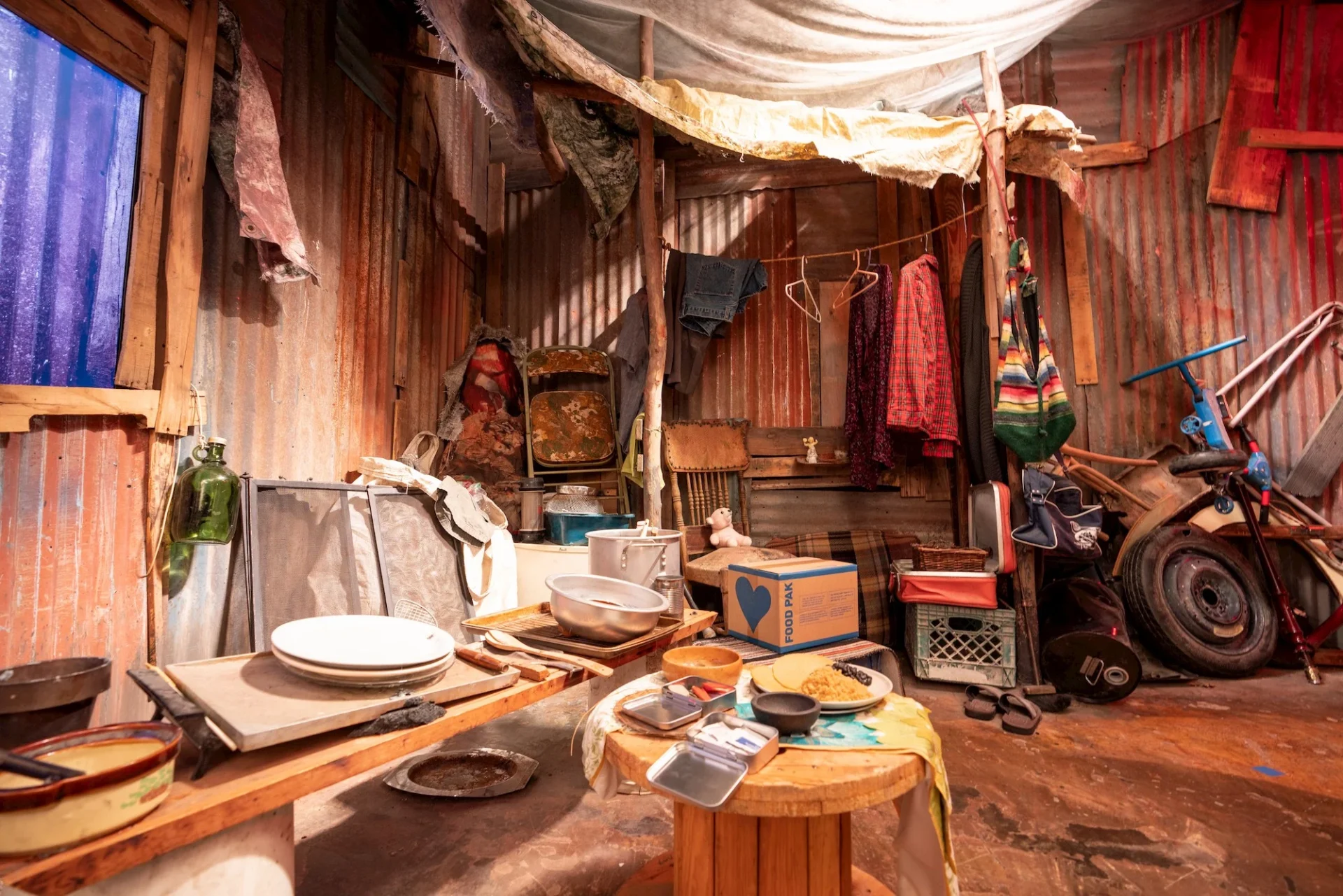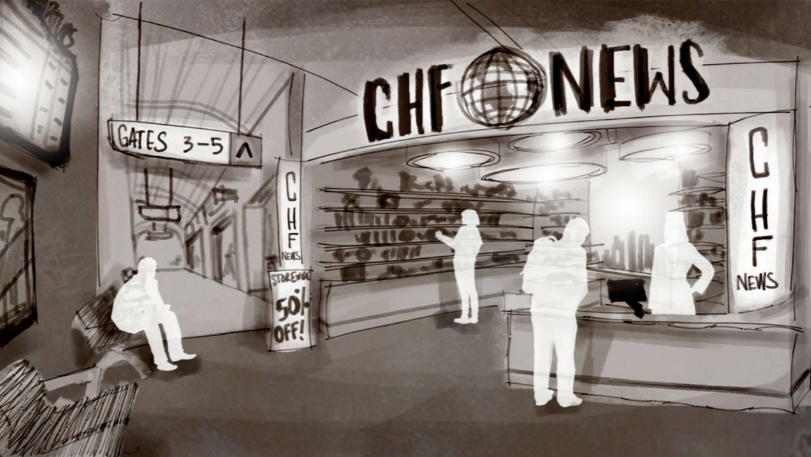Situation
Children’s Hunger Fund (CHF), a California-based nonprofit, aimed to transform the traditional volunteer experience into a deeply immersive journey that confronts the harsh realities of poverty. Instead of a conventional training video, CHF envisioned a walk-through attraction that would vividly recreate the living conditions of impoverished communities worldwide, thereby fostering insight, empathy, and proactive engagement among its visitors.
Solution
To realize this vision, CHF partnered with PlainJoe to develop an experiential sequence that would articulate the nonprofit’s narrative effectively. The project focused on designing highly realistic encounters that reflect the daily challenges faced by children in poverty-stricken areas, such as the garbage dumps of Guatemala, displaced peoples’ camps in Southeast Asia, and the brickyards of Nepal. The design aimed for Disney-level immersion, incorporating authentic materials and sound effects to enhance the realism of each setting. Furthermore, the encounters were crafted to not only depict hardship but also demonstrate how local ministries are creating rays of hope through food and resource distribution.













